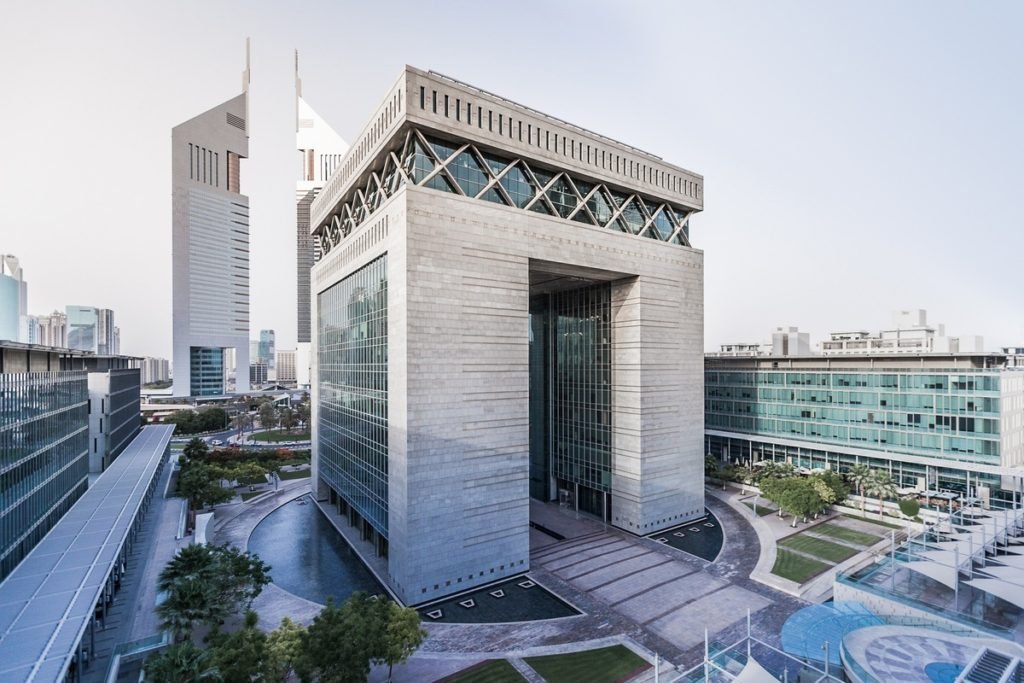Regulator advises investors to be caution while dealing in crypto assets.
The Dubai Financial Services Authority (DFSA) has clarified that it has not licenced or supervise any company to provide financial services relating to crypto assets in or from the DIFC.
DFSA recently amended its regulatory framework to include the Regulation of Investment Tokens.
“Other than Investment Tokens, the DFSA reiterates that it does not regulate any other types of cryptocurrencies, crypto assets, virtual assets, or digital assets (called crypto assets for the purposes of this statement),” DFSA said in a statement.
These new regulations have been designed to address investor and consumer protection needs, market integrity risks as well as Anti-Money Laundering (AML) and Counter-Terrorism Financing (CTF) risks amongst others.
Beware of claims
Crypto Assets is a broad term and covers many types of products. The most popular, and well-known types of Crypto Assets include cryptocurrencies such as Bitcoin, Ether and Litecoin.
The DFSA advises consumers and potential investors to exercise caution and undertake due diligence to understand the risks involved when buying crypto assets. Risks include:
Fraud – Criminals often use crypto assets and new technologies to perpetrate fraudulent schemes by misleading customers as to the nature of the product on offer and “take the money and run” shortly after the token is issued. Also, fraudsters may entice customers by touting crypto assets as an Investment or an “opportunity” to get into a cutting-edge space without any real benefit behind the offer.
Volatility – Crypto asset valuation and pricing can be difficult because of volatility and lack of real underlying assets, and holders may suffer significant losses if the price of the crypto asset drops quickly.
Liquidity – Illiquid or flat market structures can make it hard to sell or trade crypto assets. It may also be difficult to exit the market and “cash out.”
Information – Information may be missing, inaccurate, incomplete, and unclear with respect to the project and associated risks. Documents may be technical and require additional knowledge to understand the characteristics of the Crypto Assets and what the holder is (not) getting.
Money Laundering – Crypto Asset platforms commonly rely on complex infrastructures utilising several entities (spanning across jurisdictions) to transfer funds and/or execute payments. This can mean that AML/CTF compliance, supervision and enforcement may not be effective.
“Consumers should exercise caution when dealing with Crypto Asset entities, unless they are sure that the entities are properly regulated, in order to be protected against financial misconduct or wrongdoing. To see the firms regulated by the DFSA, please check our Public Register,” DFSA said in an advisory.
What is an investment token?
The DFSA defines an investment token as either a security token or a derivative token that is a cryptographically secured digital representation of rights and obligations that is issued, transferred and stored using distributed ledger technology (DLT) or other similar technology.
It offers the same rights and obligations as those conferred by one or more existing securities or derivatives, or confers substantially similar rights and obligations, or has a substantially similar purpose or effect to one or more existing securities or derivatives.
(Except for the headline, this story has not been edited by The Finance World staff and is published from a syndicated feed.)

